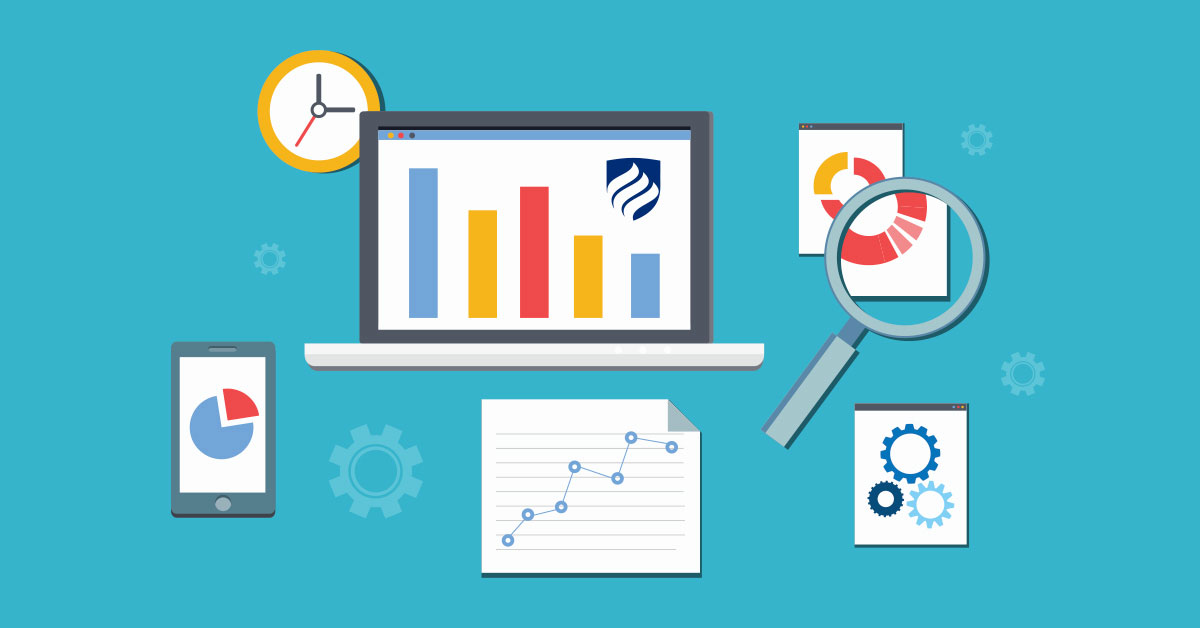Program Management vs. Project Management: What’s the Difference?
GRADUATE STUDIES | 3 MIN READ

Project management vs Program management. They sound similar, and they are complementary. But the roles are distinct, with different responsibilities and processes.
Let’s begin with a tight lens and work our way out:
Of the two, project management is much narrower in scope, focusing on day-to-day tasks at the micro level. Project management has a definite timeline, with a defined outcome that determines the end date.
The project manager oversees teams responsible for fulfilling the project and achieving its deliverables. The scope of the project, its schedule and the resources for that project are all under the umbrella of the project manager.
It’s a more tactical role, and sometimes a more technical one, than program management. The focus is on the operational elements of a project. Project goals are normally short-term.
The key trifecta—and balancing act—of the project manager is time, budget and quality. So if the project must be speeded up, budget or quality may need to be sacrificed; that decision is the burden of the project manager. Likewise, if the budget is cut, the timeline may be pushed out, or, again, quality may be sacrificed. It’s the project manager’s job to constantly weigh those three forces.
The project manager focuses on how to meet the deadline, come in under budget and minimize risk, all while maximizing quality.
In a sense, project managers are like labor-and-delivery nurses: They are there for a crucial, but limited period of time, with very concrete goals. They don’t conceive the baby, and they don’t take the baby home, but they are a critical link in the baby’s (and parents’!) life.
To continue the analogy, program managers are more like new parents. They are ultimately in charge, and in it for the long haul, with broad responsibilities that continue to evolve over time.
How Program Managers Operate
Program managers must be strategic in their thinking, especially since they often need to negotiate between different organizations—and sometimes multiple projects—that are interacting because of the program.
The program manager sets the vision, which is especially important when he or she is overseeing several projects at once. Each project is a cog in the wheel to keep the program rolling.
The program manager acts as the big-picture person, the one responsible for the flow charts, the “if this piece moves, these other pieces will be affected” person. Since the program manager focuses on strategy and implementation, he or she does a lot of delegating. Picking good leaders is important for program managers.
In the most boiled-down way, project management and program management can be divided like this:
Program Management vs. Project Management [Comparison]
| Program Management | Project Management |
|---|---|
| • Broader in scope; emphasis is on the big picture. | • Narrower in scope, taking you deep into the weeds. |
| • Deals with overarching goals or fulfilling the mission of the business. | • Involves a clearly defined end product or deliverable. |
| • Ongoing (evolves over time). | • Balances time, effort and finances to arrive at the best quality on deadline and under budget. |
| • Can contain multiple projects running at once. | • Has a definite end date (one segment of the overall program). |
| • Focus is on the “what.” | • Focus is on the “how.” |
Considering a Career in Project Management vs Program Management?
With a master’s in project management from Elmhurst University, you’ll learn to reach across disciplines and functions, speaking everyone’s language, to coordinate the team. We’ll teach you the tools and techniques you need to oversee a project: budgeting and monitoring, communications and team building, risk management and decision making.




